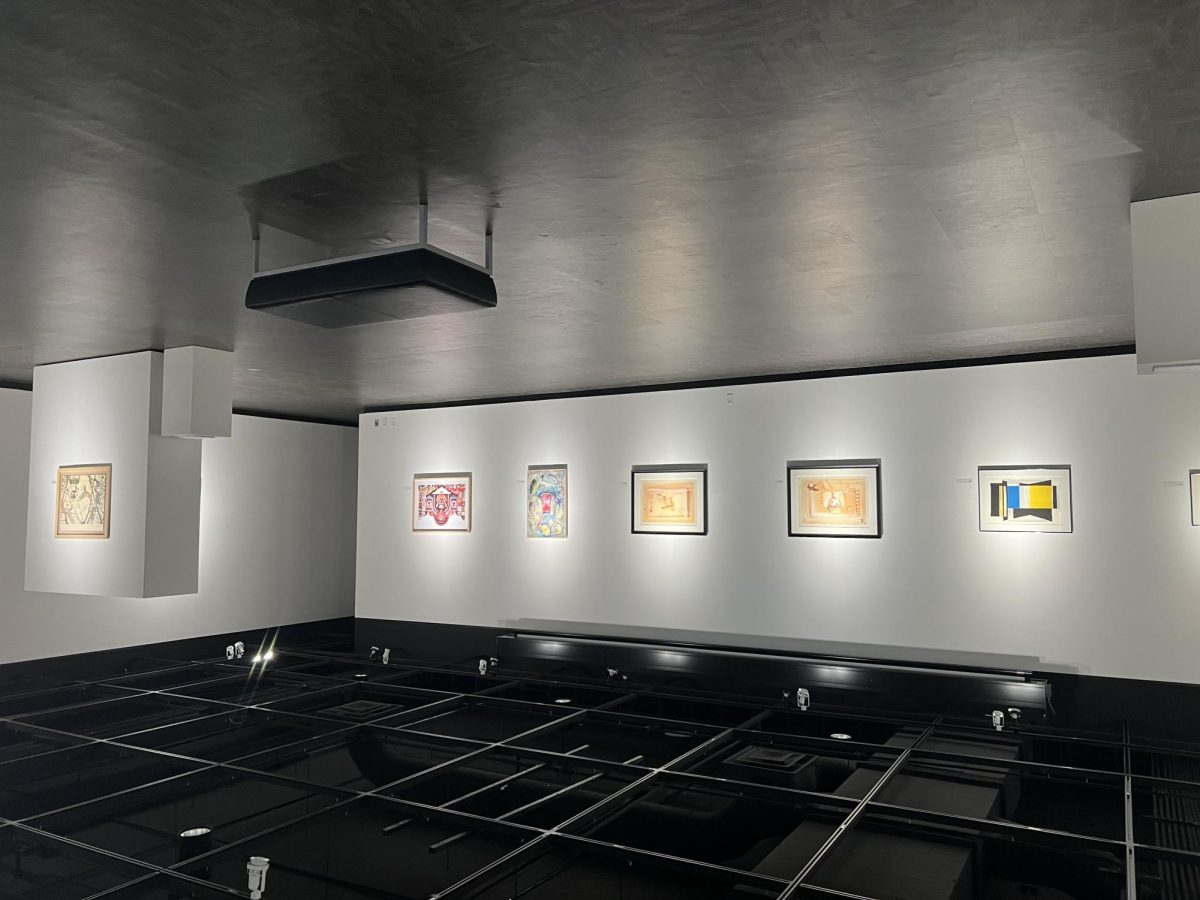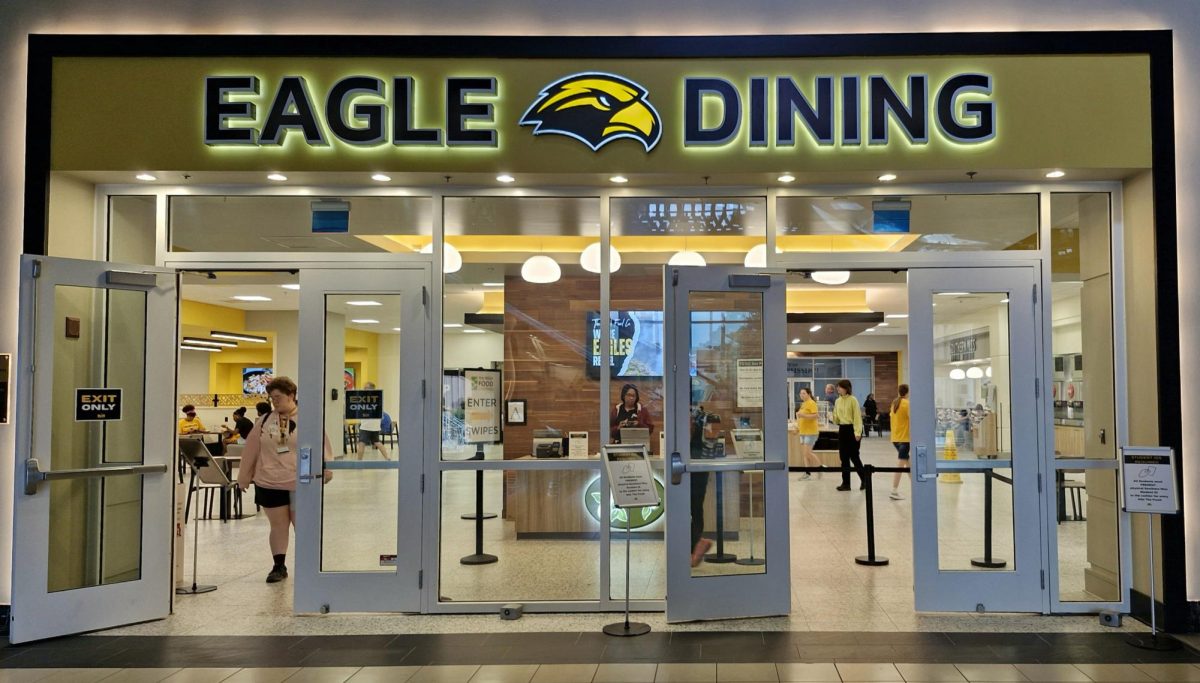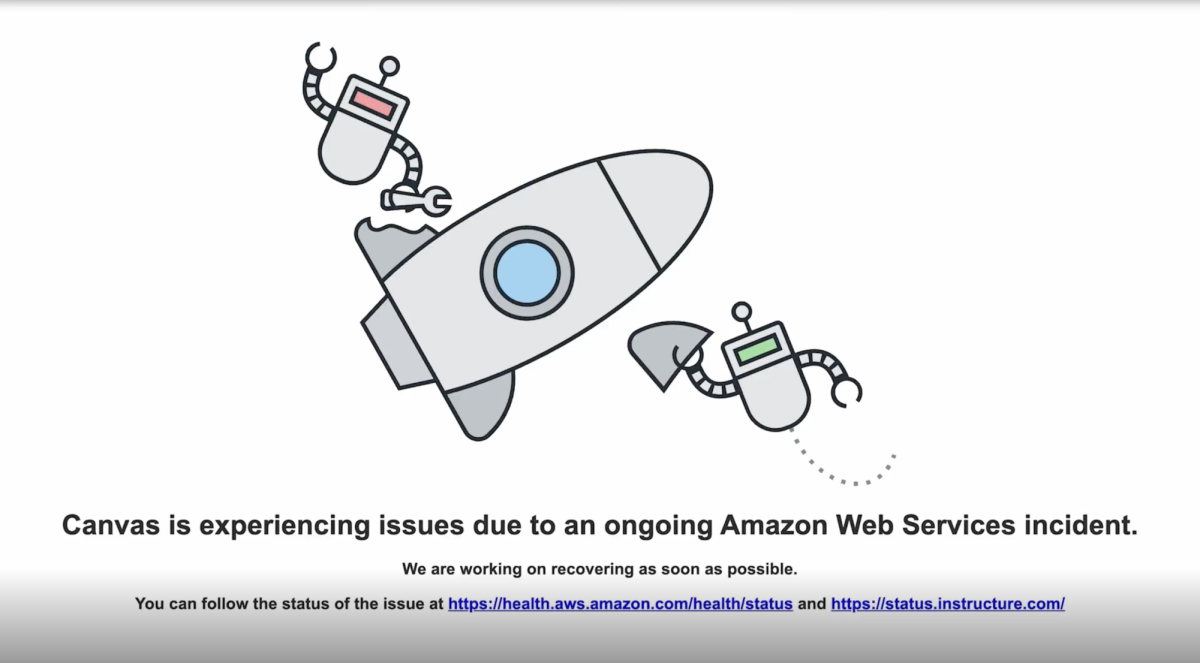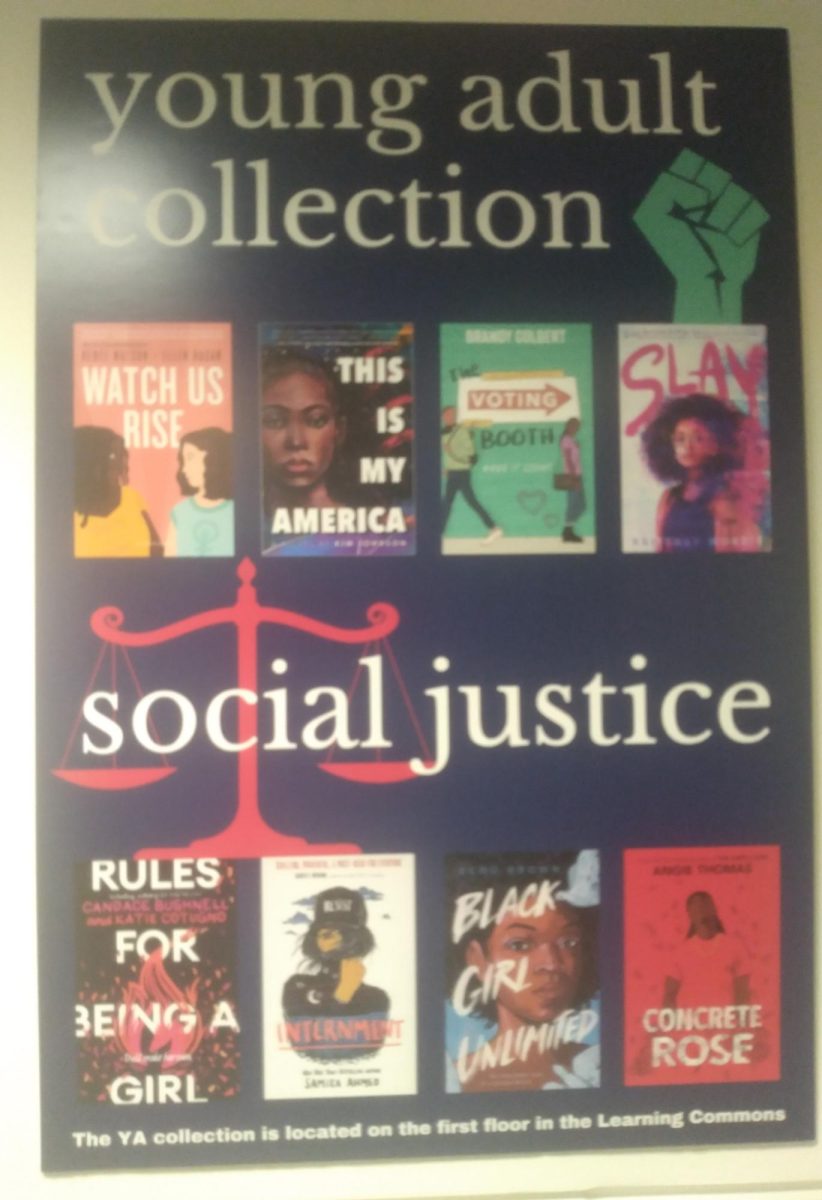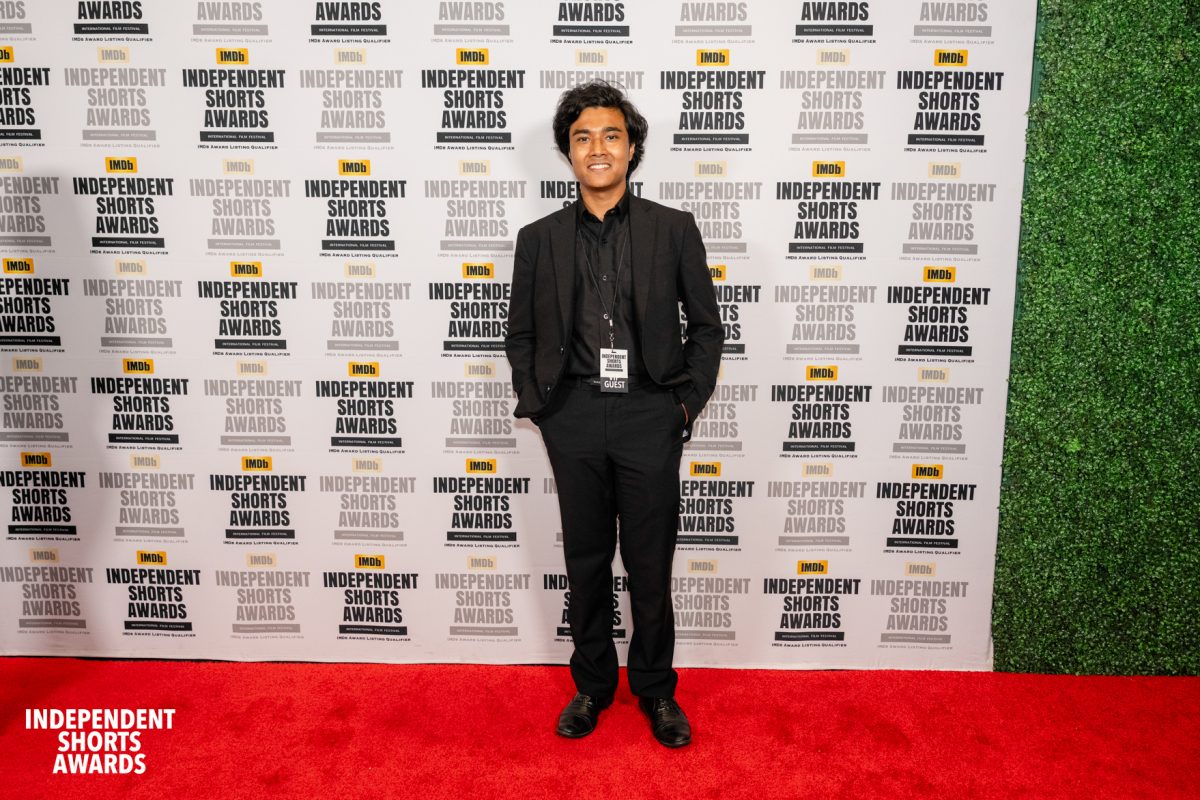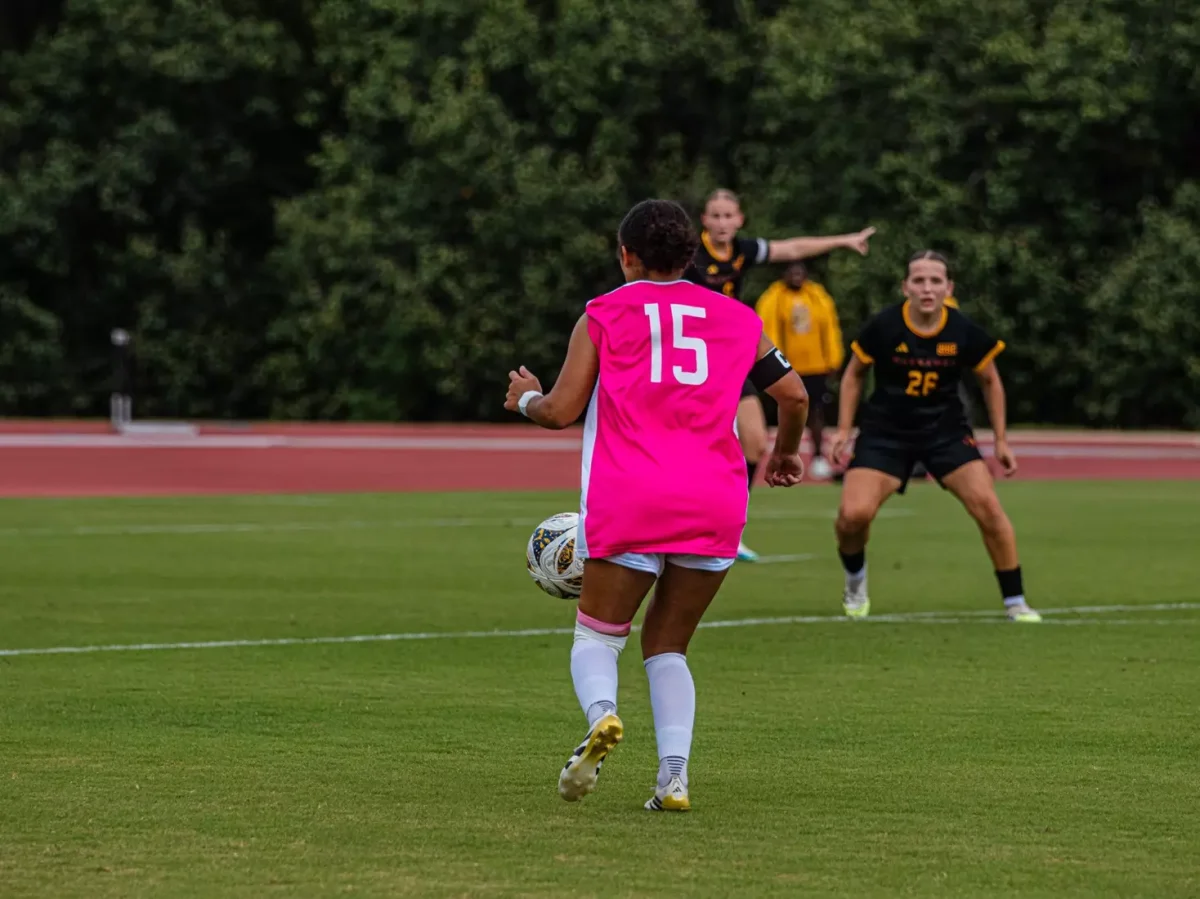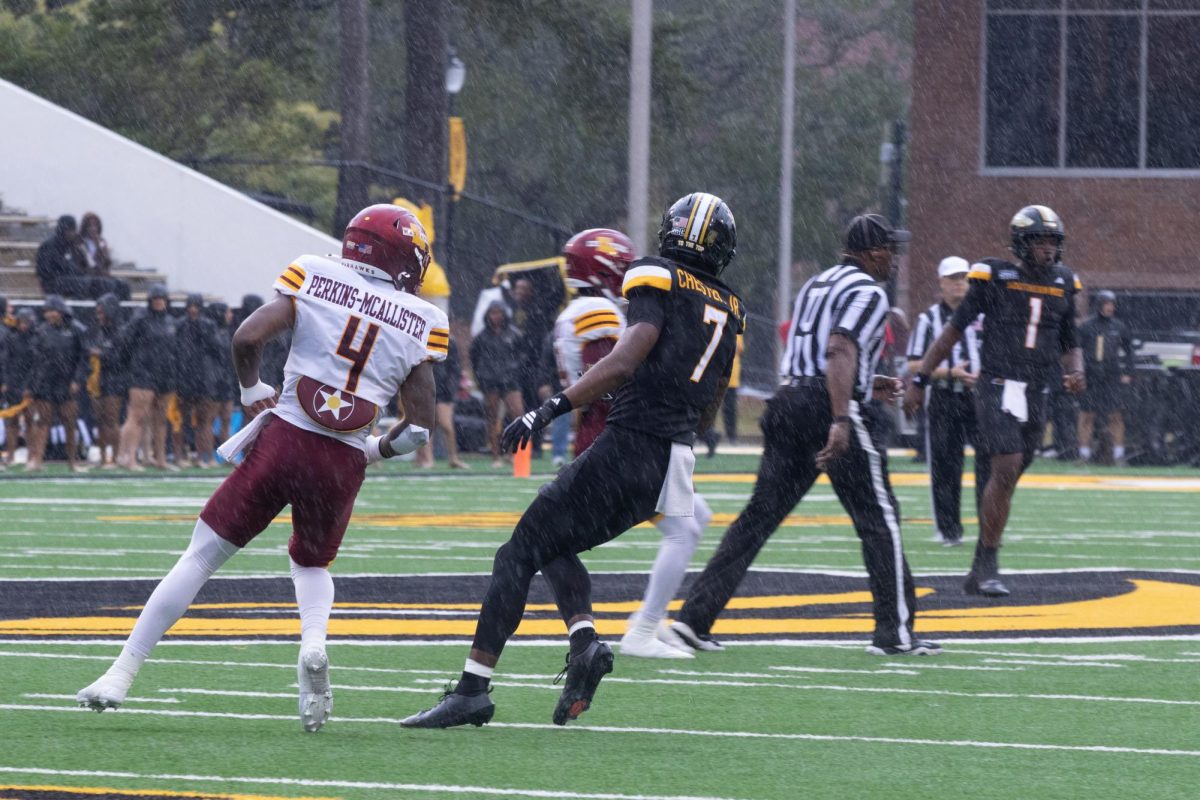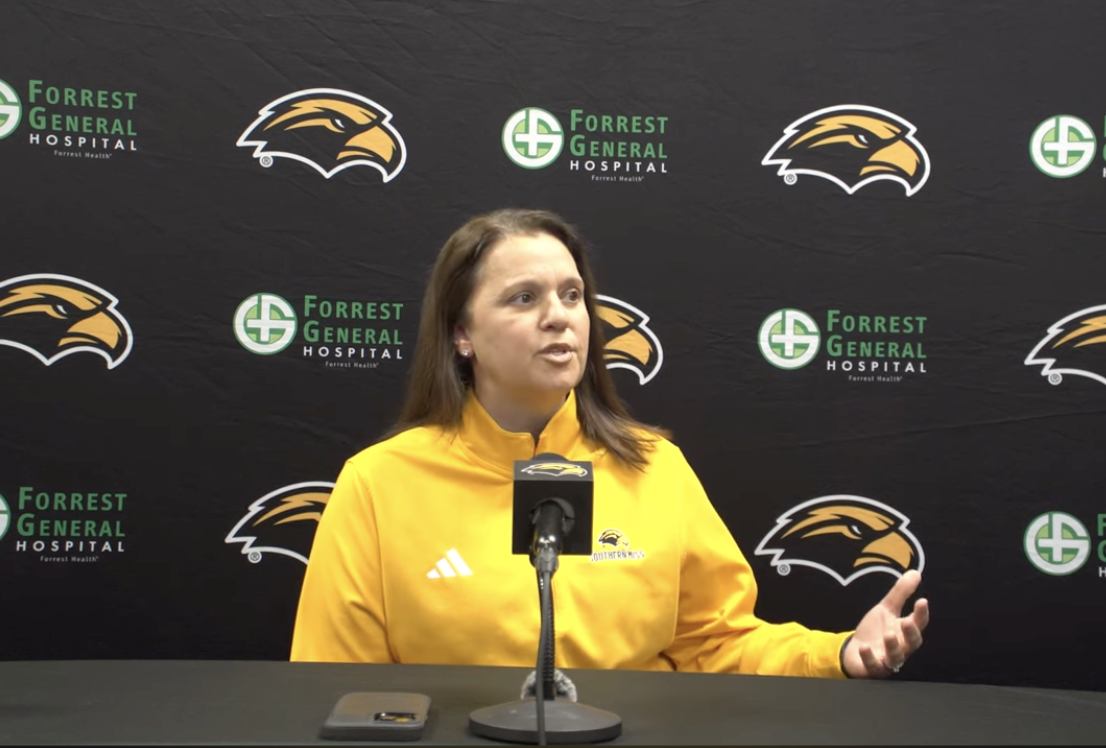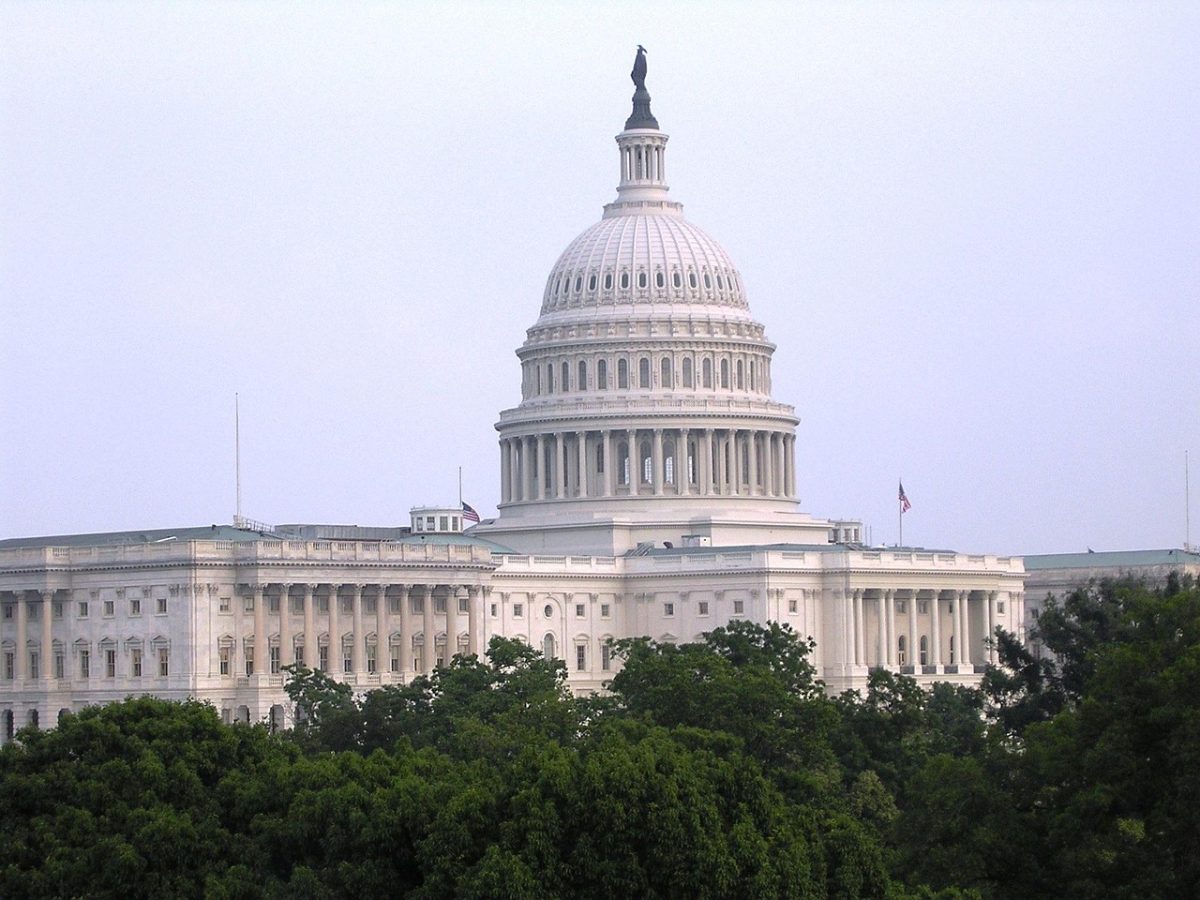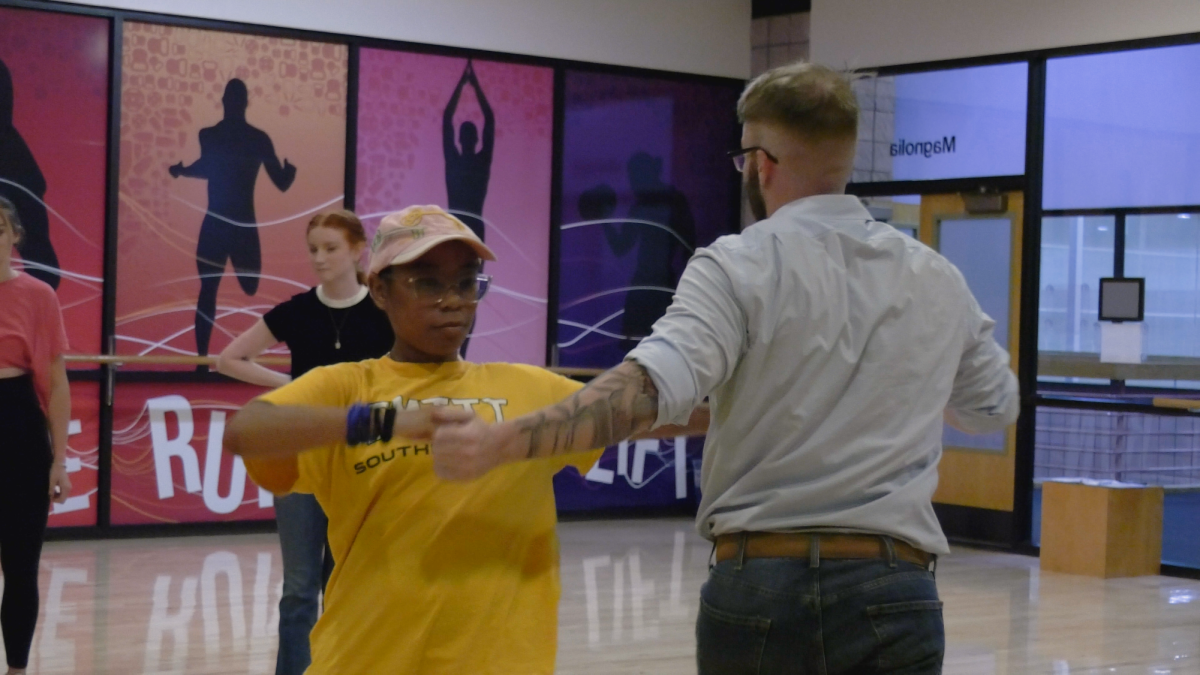The Religious, Spiritual and Secular Pathways to Enlightenment Panel will be held Oct. 30 in the Liberal Arts Building from 6-8 p.m. The purpose of this discussion is to highlight LGBTQ-inclusive communities and their approach to spirituality. The Secular Student Alliance represents the secular voice on campus and is present to provide a more balanced discussion.
The panel was established in order to show that not all communities of faith were threatening to Lesbian Gay Bisexual and Transgendered (LGBTQ) people and serves as a conversation started for people of faith to consider how to welcome member of the LGBTQ community into their own communities.
“It is a great way for the Gay Straight Alliance to be more present in the community by actively reaching out to groups both on and off campus,” said Taylor Vines, executive chair for USM Gay-Straight Alliance.
According to the Centers for Disease Control and Prevention (CDC) site, people who are LGBTQ are members of every community. They are diverse, come from all walks of life and include people of all races and ethnicities, ages, socioeconomic statuses and from all parts of the country.
In addition, Vines said participants can also expect to see representatives from Episcopal, Unitarian Universalist, United Church of Christ and Zen Buddhist communities represented on the panel.
Students, faculty and other community members in attendance can expect to discuss topics such as, LGBTQ members in the community and combating homophobia or transphobia in your community.
The Human Rights Campaign reports that 4 out of 10 LGBTQ youth say the community in which they live is not accepting of LGBTQ people.
As moderator for this event, Vines will welcome the audience and introduce the event. Each panelist will have an opportunity to briefly introduce themselves and what community they are representing. The floor will then be opened for questions from those in attendance.
“Hopefully, the audience will leave with a greater sense of the diversity that surrounds the topic of LGBTQ-inclusion within communities of faith and be inspired to transform their own communities into more welcoming, affirming spaces,” Vines said.

